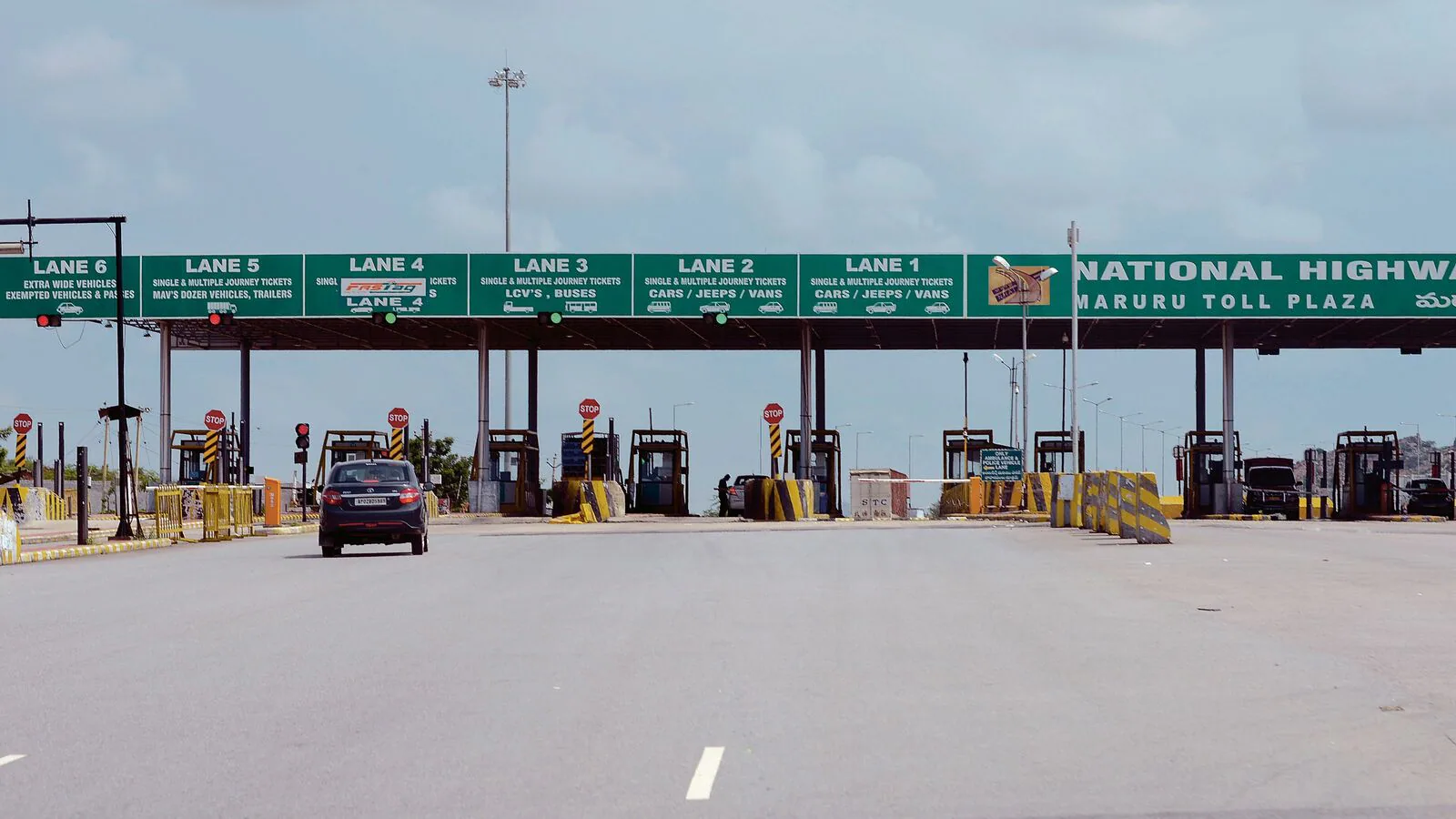
Independence Day: Toll relief, annual pass for pvt vehicles on highways from 15 Aug
How did your country report this? Share your view in the comments.
Diverging Reports Breakdown
Independence Day: Toll relief, annual pass for pvt vehicles on highways from 15 Aug
The new pass will be valid for a year from the date of activation or 200 trips. The pass is designed exclusively for non-commercial private vehicles such as cars, jeeps, and vans. The move follows rising concern over high toll charges on Indian highways. Several new stretches have a string of toll booths that make travelling on them extremely expensive for both personal and commercial vehicles. The toll is determined on the basis of distance as well as the road structure. For instance, it is higher on routes with more railway overpasses. It is estimated that toll charges for a one-way journey on the 1,386-km Delhi-Mumbai expressway, which is still under construction, could range between ⁹1,000 and ₹3,000 depending on the type of vehicle.
The new pass, which will be valid for a year from the date of activation or 200 trips—whichever comes first—is designed exclusively for non-commercial private vehicles such as cars, jeeps, and vans to facilitate hassle-free, faster and smoother travel experience for millions, minister of road transport and highways Nitin Gadkari said in a post on X.
“In a transformative step towards hassle-free highway travel, we are introducing a FASTag-based Annual Pass priced at F3,000, effective from 15th August 2025… The Annual Pass will enable seamless and cost-effective travel across National Highways throughout the country.
A dedicated link for activation and renewal will soon be made available on the Rajmarg Yatra App as well as on the official websites of NHAI and MoRTH,” Gadkari said.
Mint reported in February on a plan for annual discounted toll passes for private vehicles on national highways.
Travellers will also get a discount on the toll on certain national highway stretches.
“This policy addresses long-standing concerns regarding toll plazas located within a 60 km range and simplifies toll payments through a single, affordable transaction. By reducing wait times, easing congestion, and minimizing disputes at toll plazas, the Annual Pass aims to deliver a faster and smoother travel experience for millions of private vehicle owners,” the minister’s post said.
The move follows rising concern over high toll charges on Indian highways. Several new stretches have a string of toll booths that make travelling on them extremely expensive for both personal and commercial vehicles.
It is estimated that toll charges for a one-way journey on the 1,386-km Delhi-Mumbai expressway, which is still under construction, could range between ₹1,000 and ₹3,000 depending on the type of vehicle.
The toll is determined on the basis of distance as well as the road structure. For instance, it is higher on routes with more railway overpasses. Toll charges grew by over 3% in FY25 and are projected to grow by 3.5-4.2% in FY2026, according to an Icra report.
The annual pass has been designed in a way that it does not impact the revenue of concessionaires operating highway stretches. This means that any loss in projected revenue from highway stretches would be covered by the government.
The toll pass could significantly reduce travel costs for frequent commuters and enhance ease of movement. Several states, including Maharashtra and Tamil Nadu, have already tried out monthly toll passes, which demonstrated their feasibility.
The loss of revenue from discounting is expected to be limited given that private vehicles contribute just about 26% of annual toll collection, while 74% share is with commercial vehicles.
The user fee collection or toll collection at plazas on national highways stood at ₹55,882.12 crore in FY24. This was a jump over the ₹48,032.40 crore collected in FY23 and ₹33,928.66 crore in FY22.
In FY25, the ministry of road transport and highways is targeting toll collection of ₹70,000 crore. As on October, 2024, there were a total of 1,015 user-fee plazas on national highways. A 3-5% traffic growth is likely to see toll collection grow by 7-9% in FY2026, the Icra report said.
The ministry will also implement a barrier-less global navigation satellite system (GNSS)-based toll collection system on certain stretches of national highways as an added facility along with FASTag.
